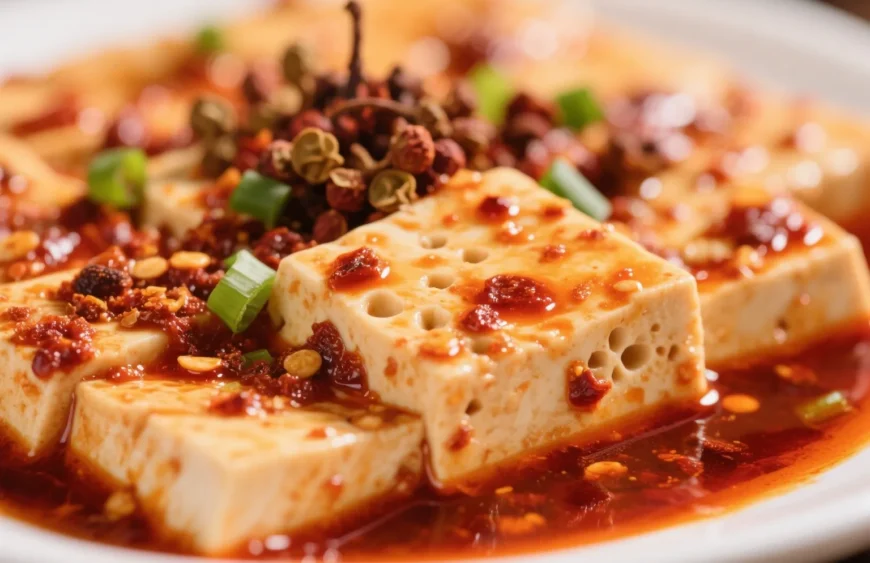Chinese Food in the U.S.: An Evolving Culinary Powerhouse

Chinese cuisine has long been woven into the American culinary fabric — from humble takeout joints in small towns to upscale dining in major cities. Let’s explore the scale, trends, and future outlook of Chinese food in America.
📊 Market Size & Business Volume
- As of 2024, the U.S. Chinese restaurant industry is estimated at $27.0 billion, growing at a compound annual rate (CAGR) of 4.7% between 2019 and 2024 en.wikipedia.org+9ibisworld.org+9poidata.io+9style.ibisworld.com.
- Approximately 24,692 Chinese restaurant businesses operated in 2024 — an annual increase of 1.3% style.ibisworld.com+1ibisworld.com+1.
- Employment reached around 413,107 staff in 2024, with moderate growth of 0.6% over the previous year ibisworld.com.
🍽️ Ubiquity Across America
- Chinese restaurants account for about 39% of all Asian restaurants in the U.S. — making them the most widespread Asian cuisine choice pewresearch.org+1chinadaily.com.cn+1.
- There are 43,000–44,000 Chinese dining establishments nationwide, exceeding the number of typical major fast-food chains like McDonald’s or Burger King .
- In mid-sized towns and even rural areas, you’ll typically find at least one Chinese takeout place — even if not an authentic regional spot reddit.com.
🍱 Chains & American‑Style Variations
- Panda Express, with over 2,300 locations across the U.S., is the largest chain offering American‑Chinese cuisine washingtonpost.com+15en.wikipedia.org+15en.wikipedia.org+15.
- The rise of “American‑Chinese” dishes (orange chicken, beef and broccoli) reflects immigrant adaptations dating back decades reddit.com+7en.wikipedia.org+7washingtonpost.com+7.
🔍 Trends & Challenges
Tariffs and Rising Costs
Recent tariffs (up to 145–188%) on Chinese imports — from Sichuan peppercorns to takeout containers — are squeezing margins (typically 3–5%), pushing some restaurants to raise prices, scale back menus, or risk quality loss theguardian.com+2washingtonpost.com+2sfchronicle.com+2.
Shift Toward Experience & Authenticity
Beyond price and flavor, many restaurateurs now emphasize ambiance, cultural story, and service quality — especially in high-end or growing regional cuisine scenes chinadaily.com.cn.
🏙️ Spotlight: Regional Dining & Innovation
- Upscale innovators like Lao Sze Chuan (Chicago, DC, Houston, etc.) fuse authentic regional flavors with elevated dining experiences; 80% of their clientele is non-Asian. They’ve grown to 16 U.S. locations, with more planned chinadaily.com.cn+1chinadaily.com.cn+1.
- Influenced by chains like McDonald’s, top Chinese restaurateurs are adopting consistent branding, franchising, and hospitality standards to better compete in the U.S. market .
🔮 Looking Ahead
- Industry outlook predicts continued market expansion driven by rising incomes, globalized palates, and demand for healthier offerings ibisworld.org.
- Challenges remain: small independent operators face intense competition (“red ocean”), cost pressures, and customer expectations for low prices chinadaily.com.cn+1chinadaily.com.cn+1.
- Opportunities lie in innovation — authentic menus, polished ambiance, smart branding, and digital engagement (social media presence, delivery services).
💡 Tips for Business Owners & Food Enthusiasts
- For restaurateurs: Leverage storytelling, invest in service experience, and explore supply alternatives to mitigate cost issues.
- For diners: Expect more diverse offerings — from traditional Sichuan hot pot to creative fusion dishes, across both casual and fine-dining venues.
- For your China House Menu: Highlight authentic regional dishes, transparent sourcing, story-based menu notes, and clear value in ingredient quality.
✅ Summary Table
| Metric | Value/Trend |
|---|---|
| Market Size (2024) | $27 billion (CAGR +4.7% since 2019) |
| Restaurants in U.S. | ~24,700 businesses; ~43,000–44,000 locations |
| Employees (2024) | ~413,100 staff |
| Share of Asian Restaurants | 39% — the most prevalent Asian cuisine |
| Major US Chain | Panda Express – 2,300+ outlets |
| Emerging Trends | Enhanced dining experience & authenticity |
